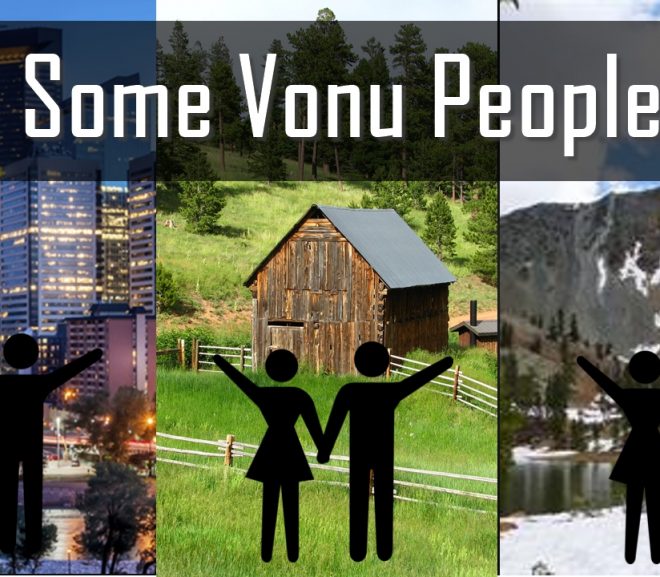Book Review: "Vonu: The Search for Personal Freedom" by Rayo
 (Note, image borrowed from the Vonu Podcast)
(Note, image borrowed from the Vonu Podcast)
This is an interesting book, and is rapidly making Loompanics my favourite publisher, despite the fact that they went out of business in 2006.
Vonu is a contraction of the words Voluntary, Not Vulnerable. It comes from a period of time when libertarians were first getting organized, the libertarian party was first forming and a number of other libertarian thinkers were actively seeking ways to promote individual freedom without resorting to "Bullshit Libertarian" means (i.e. not political action).
For the sake of context, I will explain a couple of the criticisms of the libertarian party:
- Libertarians (particularly the anarchist kind), would be on the hypocritical end of the consistency spectrum to adopt statist means to their end.
- Libertarians are a small minority within the body politic. Given the current demographics hold, they will never win the majority they need to get government to limit itself.
- The research of Jonathan Haidt suggests that different political beliefs stem from a person's personality, which is itself largely biological and that libertarians have a significantly different personality than the other two groups. As a consequence, it is unlikely that the ratio of libertarians will increase greatly within our lifetimes.
Arguments will only take us so far.
So thinkers like Reyo and Konkin came up with their own ways of fighting government intrusion, called Vonu and Agorism, respectively. This book was assembled from a collection of essays written by Reyo. The intent of Vonu is to make the individual as difficult to prey upon as possible, with the insistence that this does come at a scale, and people can practice vonu without committing to the level that he had. While Reyo himself traveled the backwoods of California and lived in the mountains, never staying in one place for long, using gardening, hunting and gathering to minimize the number of necessary food runs to civilization, and communicating to the outside world through close friends who acted as proxies, he did provide simpler ways of making oneself harder to oppress. The first suggestion involved moving out to the countryside, as being in the city makes the effort comparatively difficult, but even in the city if you can acquire or build a secret basement in your building, those practicing vonu can rent it and be less vulnerable to the outside world. This has the disadvantage of leaving the individual practicing vonu (dubbed "vonuan") in a position of vulnerability relative to the landlord.
One idea that I did appreciate was the act of creating emergency funds and putting them in the hands of trusted friends, with the promise that if a vonuan gets kidnapped by the fuzz, the friend will use that money to cause as much trouble for the state as possible, legal or otherwise. The idea being that government officials will learn over time that dealing with vonuans is incredibly inconvenient, and will practice more restraint in their activities. This resonates with the idea mentioned in "the Life and Times of Frederick Douglass" that slaves who fought tooth and nail to avoid being lashed, while the initial lashing was worse, would be whipped far less often and the slaves who were whipped most easily were whipped most often.
Reyo's style is highly analytical, especially near the end of the book. This gives a useful window to his efforts at living in the woods, giving estimates of the amount of protein, carbohydrates and fat he's consumed along with the price tables for necessary camping equipment and costs and frequency of making runs to the outside world for additional resources. For long-term camping, his research would likely be useful today, provided that the price tables are updated to account for inflation.
Overall, I enjoyed the book and the method of thinking that it promotes. When dealing with the subject of one's freedom, I much prefer listening to those who take responsibility into their own hands, rather than hoping to change the minds of others. I look forward to finding those students who are taking vonu into the 21st century and seeing where this school of thought takes them.